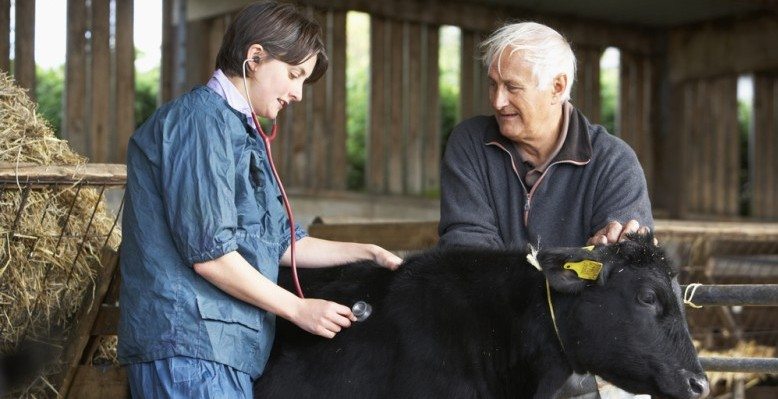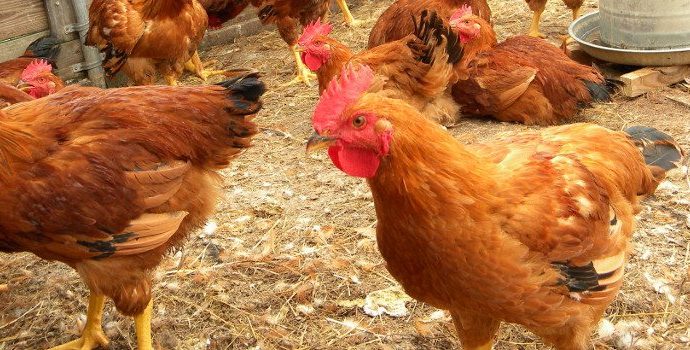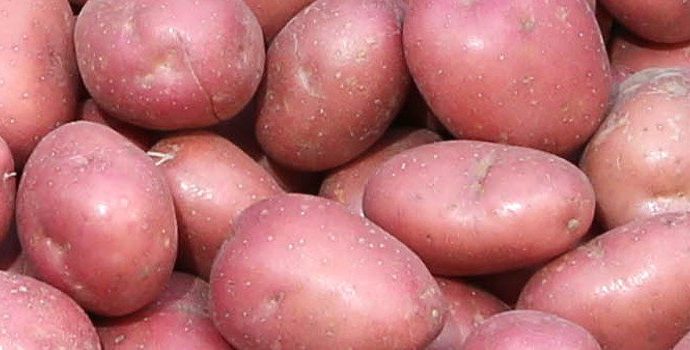Minister Must Address Tb Measures That Penalise Farmers

IFA Animal Health Project Team Chairman John Waters has challenged the Minister for Agriculture Simon Coveney to address the unnecessary, costly and trade-prohibitive measures on farmers as part of the changes implemented to the TB eradication programme this year.
Mr. Waters said despite strong objections to the proposals by IFA, the Minister allowed his officials implement changes to the control programme this year that unfairly penalise farmers and interferes with their right to trade.
“These changes are not a requirement under the EU trade regulation as confirmed by the Secretary General of the Department of Agriculture to the Public Accounts Committee last week. The Minister must explain why unnecessary and additional requirements are being imposed on farmers.”
The IFA chairman said, “Farmers have invested heavily and endured a lot of hardship in achieving the reductions in TB incidence. This must be reflected in any changes to a programme that has proven effective.”
A major contributor to the reduced incidence of TB has been the effective implementation of the Wildlife Control Programme. This must be continued and in some areas its implementation must be improved he said.
John Waters said there has been a significant reduction in the levels of TB since 2000 with reactor numbers reduced by over 50% to 18,500 last year. The Department of Agriculture must now focus on eradication of this disease, and this must include a reduction in the burden on farmers.
The IFA chairman outlined some of the areas that must be revisited by the Department in any changes that are applied; these include how herds are categorised as contiguous, the procedure around factory lesions and subsequent trade restrictions and B+B movements to and from restricted holdings.
Mr Waters also pointed to the unfair application of the 10-month rule in establishing who is liable to pay for TB tests. “With the welcome move by the Department to anniversary date testing, this issue must be revisited and applied in an equitable manner by extending the period to 12 months, which would mean no farmer should have to pay for TB testing at intervals of less than 12 months.”
John Waters said the Department of Agriculture have compiled a lot of information over the years in relation to TB and the risk factors associated. “This must be utilised to significantly reduce the burden of controls on farmers and not only as a tool to justify applying further restrictions.”
Concluding, John Waters said with the expansion taking place in herd size and the further expansion needed in order to achieve our 2020 targets, the TB controls in place must take account of the changing farm practices and farm size when putting in place controls that can have a devastating effect on farm income and ability to meet production targets.




